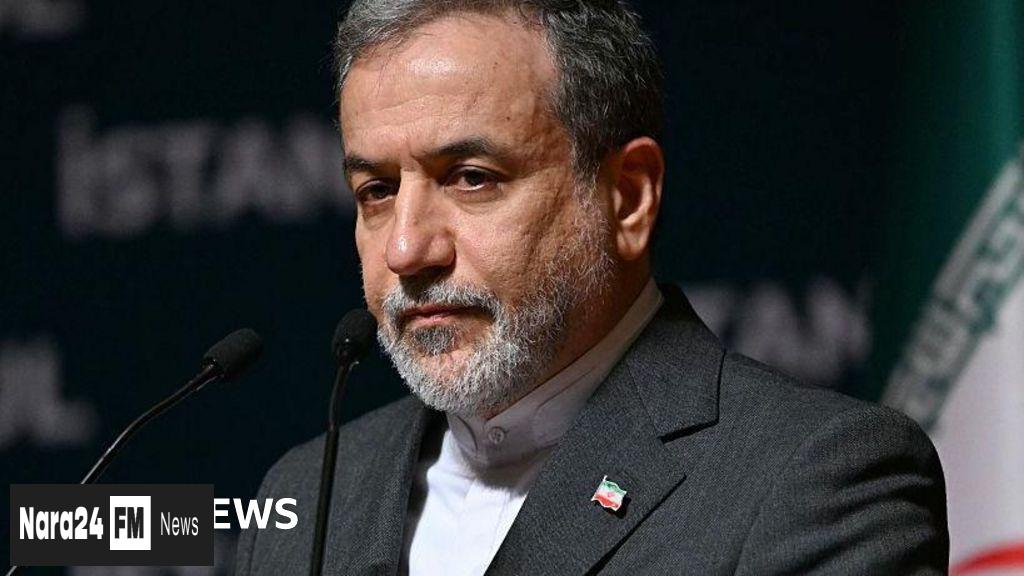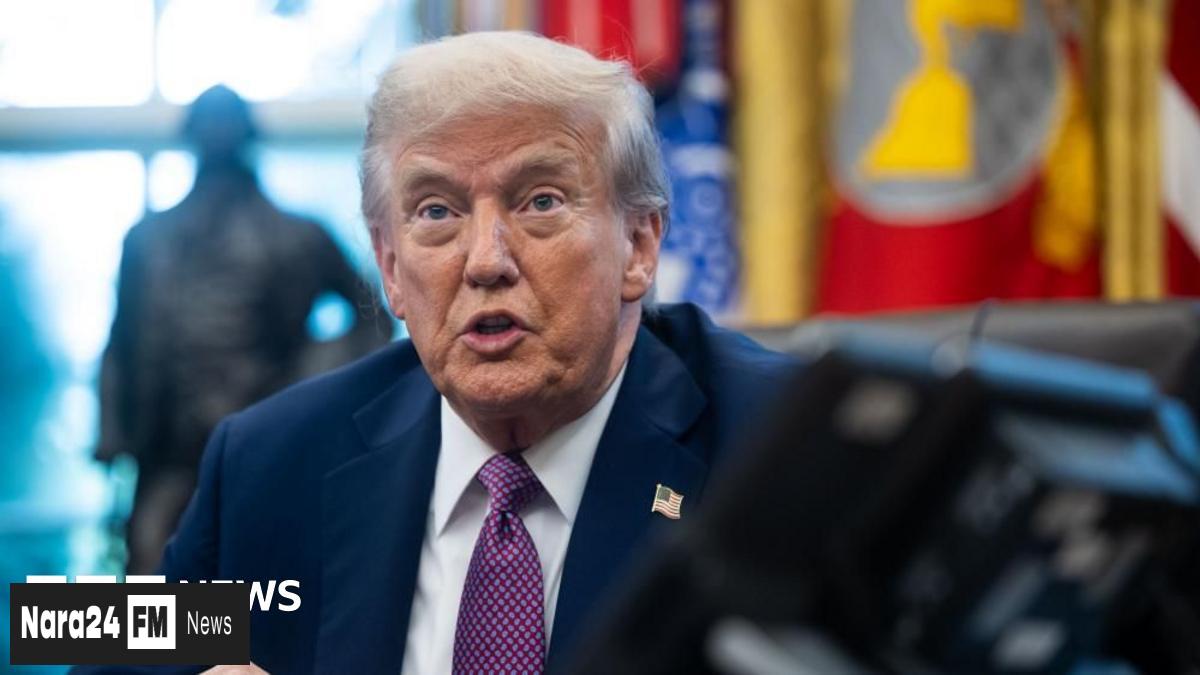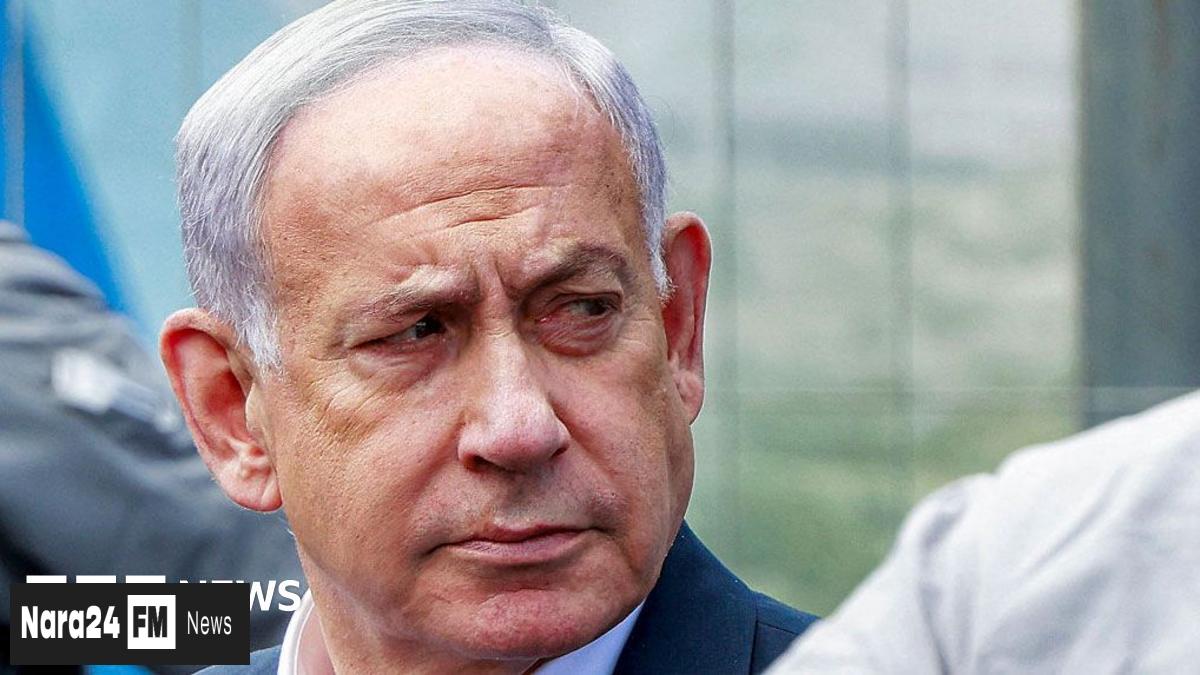Iranian Foreign Minister Abbas Araghchi has publicly acknowledged that the country's nuclear facilities sustained "excessive and serious" damage from recent US and Israeli bombardments. Speaking on state television on Thursday evening, Araghchi revealed that the Atomic Energy Organisation of Iran is currently assessing the extent of the destruction.
This admission contrasts sharply with earlier statements from Iran's Supreme Leader Ayatollah Ali Khamenei, who claimed that the strikes had not disrupted Iran's nuclear program. Khamenei, who has remained in hiding since the conflict with Israel began on June 13, dismissed US President Donald Trump's assertion that the bombings had "totally obliterated" three key nuclear sites. The Supreme Leader maintained that the attacks failed to achieve any significant impact and declared victory over the US and Israel.
However, Araghchi's remarks paint a different picture, signaling potential setbacks for Iran's nuclear ambitions. The Foreign Minister also emphasized that there are no immediate plans to resume nuclear negotiations with the US. Iran had previously canceled a scheduled sixth round of talks following Israel's offensive. "No agreement, arrangement, or conversation has been made to start new negotiations," Araghchi stated, adding that the government is prioritizing the "interest of the Iranian people" and exploring a "new form" of diplomacy.
In an effort to revive negotiations, the Trump administration has reportedly proposed easing sanctions and facilitating access to $30 billion for Iran to develop a civilian nuclear energy program, according to CNN. However, recent developments in Iran, including the parliament's approval of a bill to cease cooperation with the International Atomic Energy Agency (IAEA), may hinder such efforts. If enacted, the bill would end Iran's commitment to allowing nuclear inspections at its facilities.
Israel has justified its military actions as necessary to prevent Iran from developing nuclear weapons, a claim Iran has consistently denied, insisting its nuclear program is solely for peaceful purposes. The US joined the conflict last weekend, targeting facilities in Fordo, Natanz, and Isfahan before Trump pushed for a ceasefire between Israel and Iran.
US Defense Secretary Pete Hegseth asserted that intelligence indicated the strikes had "significantly damaged the nuclear program, setting it back by years." However, a leaked Pentagon assessment suggested the damage was less severe, estimating a delay of only a few months. The administration has since dismissed the leaked report.
Meanwhile, Iran's health ministry reported 610 fatalities during the 12-day Israeli air strikes, while Israeli authorities confirmed 28 deaths on their side. As Tehran begins to recover, its residents remain deeply affected by the ongoing tensions.









Comments (0)
Leave a Comment
Be the first to comment on this article!